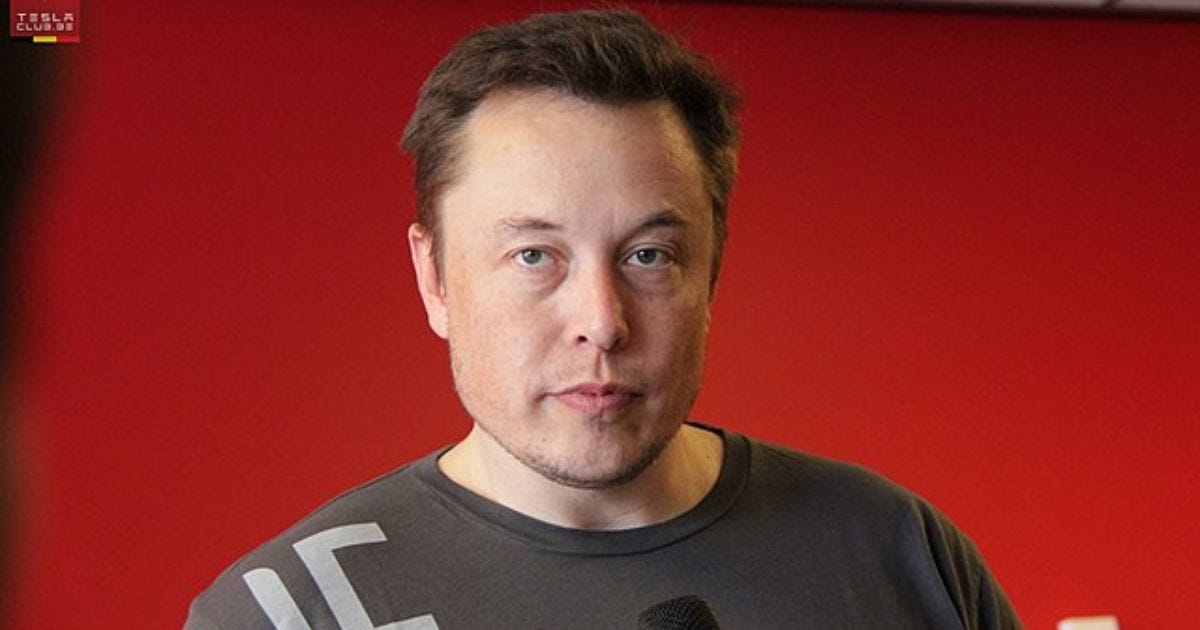Musk’s Vision of Power Clashes with Europe’s Political Foundations
Can one individual reshape an entire system, or will the system push back?
Musk, European Politics, and the Battle for Influence: A Cultural Analysis
Power, rules, and control—Musk’s political activism is clashing with how Europe runs things. His support for far-right parties is making headlines, but the real issue is a culture clash.
What's Happening
Musk's support for AfD had little impact on election results
Tesla's European sales drop amid Musk's political activism
Musk's posts amplify far-right figures and misinformation
Musk’s actions challenge Europe’s political system, disrupt its rules, and show his belief that powerful individuals can change society to their liking.
European governments rely on structured leadership where power follows a chain of command (High Power Distance). They create rules that apply equally to all businesses (Universalism). Leaders work within the system rather than trying to change it through personal influence (External Direction).
Musk takes a different approach. He ignores political ranks and speaks directly to the public (Low Power Distance). He wants rules that change based on the situation (Particularism). He believes powerful individuals should shape society instead of adjusting to it (Internal Direction).
Should political power come from institutions or individuals? Should rules apply to everyone or be flexible? It all depends on your Cultural Perspective.
Why It Matters
Musk’s fight with European leaders highlights big differences in how power, rules, and leadership should work. European governments understand that structure and consistency are the keys to stability.
Musk believes he should change how European countries operate because he disagrees with them. These different views explain why his actions are causing problems for his businesses and European politics.
What It Means
Power Structures - Stability vs. Individual Influence
European governments rely on institutions, rules, and procedures to operate. Musk, however, is using his influence to interfere with political parties and leaders, creating turmoil.
This challenges Europe’s political systems. It raises concerns about one person controlling the country, threatening democracy by centralizing power for themselves and undermining the institutional safeguards that protect people's rights.
Regulations - Fixed Rules vs. Changing Rules
Europe understands that clear rules that apply to all companies create stable businesses and increase profits. Musk, however, wants fewer restrictions and wants policies that change.
This uncertainty keeps businesses from growing. He sees rules as barriers to innovation. European leaders know rules are necessary for fairness, order, and growth - rules keep corporations from having too much power over the government and people.
Control and Influence → Adapting to Systems vs. Changing Systems
European leaders work within their political systems. Change is slow. Musk thinks he can rapidly change the world through his direct action. His involvement in politics reflects this, creating tension with European governments that use a more stable approach.
His rapid, unpredictable shifts in rules would affect business, politics, and everyday life with people unsure what is allowed and what is not.
What’s Next
These differences from Musk’s interference will continue to destabilize Europe. European governments may tighten regulations on X and Tesla. At the same time, Musk may continue supporting political movements, leading to more conflict. Whether Europe keeps control or Musk takes control of the political landscape remains to be seen.
One thing is clear—unless both sides understand these cultural differences, tensions will keep rising.




